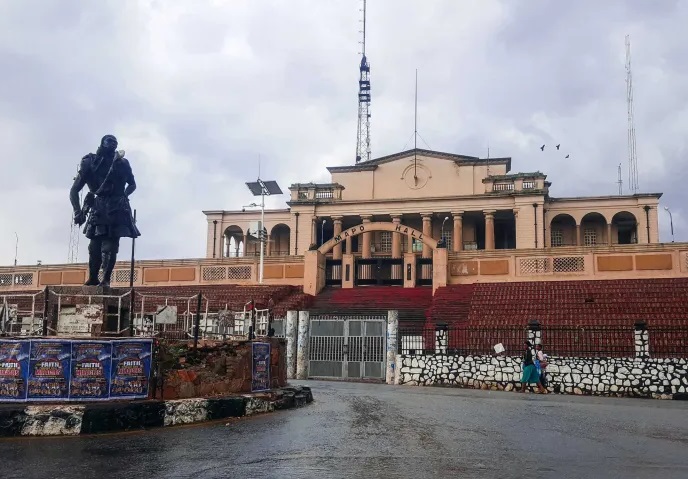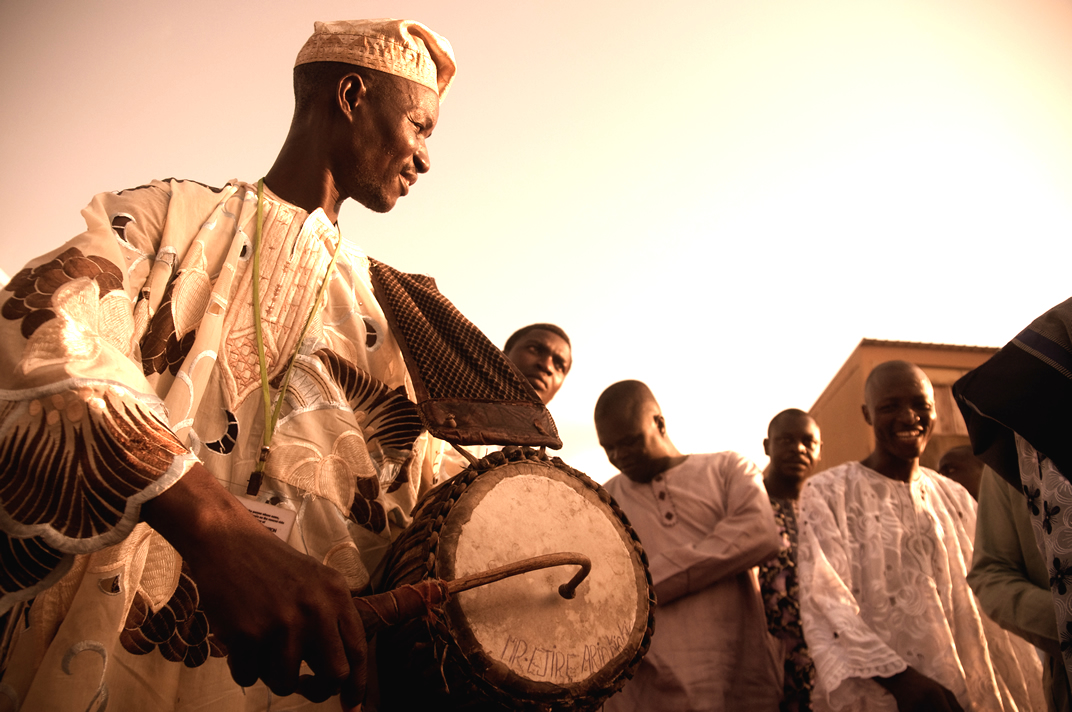


Pace-Setter State
Oyo State, situated in southwestern Nigeria, is an inland region. Its capital is Ibadan, which ranks as the third most populous city in the country and was formerly the second most populous city in Africa. Oyo State shares its borders with Kwara State to the north, Osun State to the east, and Ogun State and the Republic of Benin to the southwest. In 2016, the estimated population of Oyo State was 7,840,864, making it the fifth most populous state in Nigeria.
The majority of Oyo State's inhabitants are of Yoruba descent, and the Yoruba language remains the dominant one. It is often referred to as the "Pace Setter State." Present-day Oyo State is situated on land that was once governed by various kingdoms and empires.
The Oyo Empire, a formidable Yoruba empire, held sway in much of the area from approximately 1300 to 1896. The modern city of Oyo, constructed in the 1830s, serves as a reminder of that imperial era and is known as "New Ọyọ" (Ọ̀yọ́ Àtìbà) to distinguish it from the former capital to the north, 'Old Oyo' (Ọ̀yọ́-Ilé). The Alaafin of Oyo continues to play a ceremonial role in the city.
Oyo State is renowned as the location of Nigeria's first university, the University of Ibadan, established in 1948. The state's economy primarily revolves around agriculture, with the western city of Shaki often referred to as the state's breadbasket. Key crops that contribute significantly to Oyo State's economy include cassava, cocoa, and tobacco.
